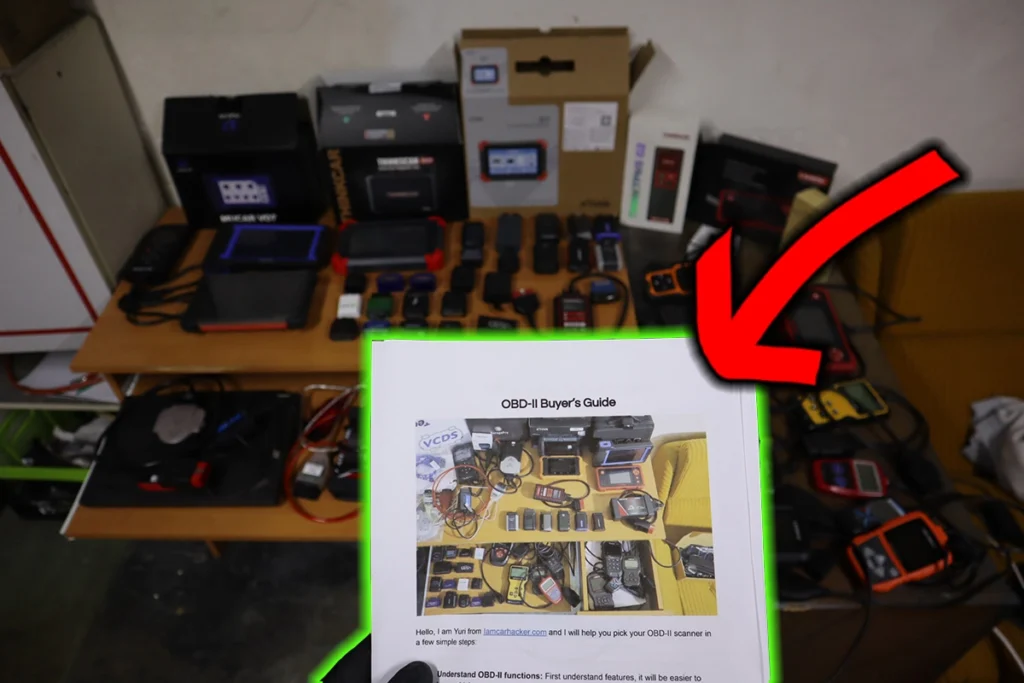The P0C53: Drive Motor ‘A’ Position Sensor Circuit ‘A’ High refers to a fault where the signal from the position sensor for Drive Motor ‘A’ is higher than expected. This can be caused by a faulty position sensor, wiring issues, or problems within the sensor’s circuit, affecting the motor’s performance and the overall drive system.
P0C53 – Quick Overview
| Code | Information |
|---|---|
| Meaning | P0C53: Drive Motor ‘A’ Position Sensor Circuit ‘A’ High |
| Is it serious? | Yes, a high signal from the position sensor can cause inaccurate motor position readings, potentially affecting the vehicle’s drive performance. |
| Possible causes | – High signal from the position sensor – Faulty position sensor – Wiring or circuit issues |
| How to diagnose? | – Measure the position sensor signal – Test the sensor and circuit – Inspect wiring and connections |
P0C53 Meaning
The P0C53: Drive Motor ‘A’ Position Sensor Circuit ‘A’ High code indicates that the position sensor for Drive Motor ‘A’ is sending a signal that is too high. This can affect the vehicle’s ability to accurately control the motor’s position, leading to performance issues. The cause could be a faulty sensor, wiring problems, or issues within the circuit.
Step-by-step diagnostic guide
| Action | Description | Tools Needed |
|---|---|---|
| Check for Other Codes | Use an OBD-II scanner to check for additional related codes that might provide more insight into the issue. | OBD-II Scanner |
| Measure the Position Sensor Signal | Use a multimeter or diagnostic tool to measure the output signal from the position sensor and compare it to the manufacturer’s specifications. | Multimeter, Diagnostic Tool |
| Test the Sensor and Circuit | Test the position sensor and its circuit for continuity and proper voltage levels to ensure there are no signal spikes or shorts. | Multimeter, Diagnostic Tool |
| Inspect Wiring and Connections | Visually inspect the wiring and connectors for any signs of damage, loose connections, or corrosion that could lead to high signals. | Flashlight, Multimeter |
| Clear the Code and Test Drive | After repairs, clear the fault code and take the vehicle for a test drive to ensure the issue has been resolved. | OBD-II Scanner |
| Recheck for Codes | Re-scan the vehicle after the test drive to ensure the P0C53 code has been cleared and does not return. | OBD-II Scanner |
Free PDF: How to choose OBD2 scanner

I’ve made you a free PDF to choose the OBD2 scanner in 5 minutes.
✅ Which OBD2 scanner is best?
✅ Which type should you get (DIY, Pro, Hobby)
✅ What is the best scanner for the exact brand/feature (e.g best for BMW)
✅ How to get a Bi-Directional tool for as cheap as $40
✅ Discount coupons for scanners
PDF is 100% free and it is designed to help you pick a scanner in less than a few minutes! Not a boring 50-page guide.
Just tell me where to send it.

Hi, I am Juraj “Yuri” Lukacko. I got frustrated by unhelpful and scammy mechanics, so I decided to learn everything about car diagnostics myself. I test dozens of new car diagnostic tools every month along with learning new strategies to fix and customize cars. About Juraj Lukacko (Yuri)